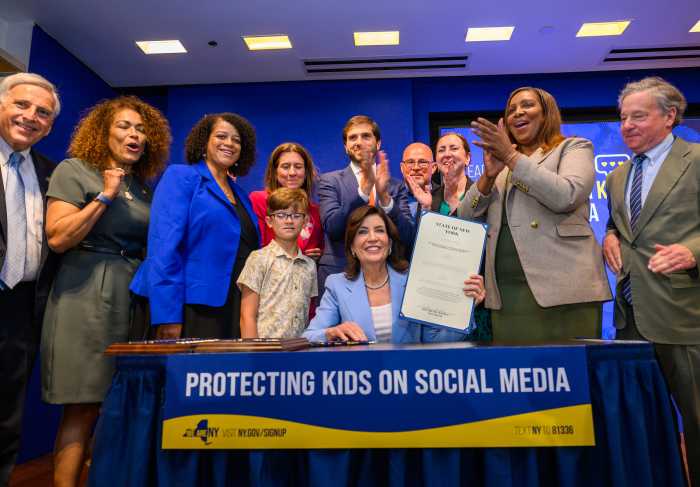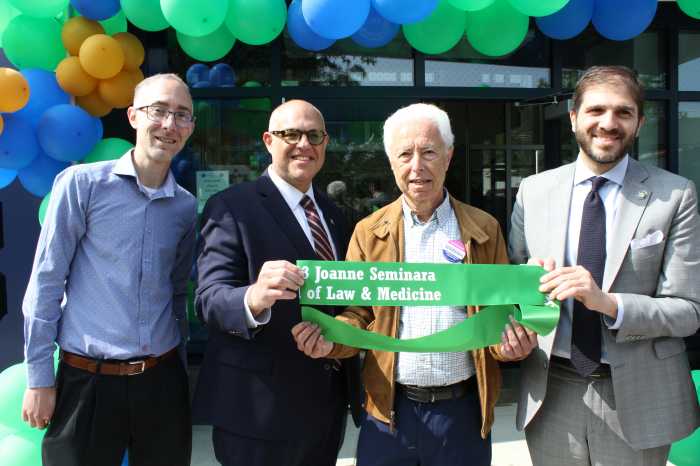First he created pandemonium by firing shots in the air at one of New Jersey’s largest malls, then 21-year-old Richard Shoop killed himself in the bowels of the building. His actions seem dramatic and out of the ordinary, but suicide is the third-largest cause of death in Americans between the ages of 10 and 24, and boys account for the vast majority of these tragic fatalities.
Many details of Shoop’s life are still missing from the public record. First reports paint a picture of a young man who had some problems, but was kind, well-liked, and had family support and friends, yet still took his own life.
That’s what scares me.
I expect, believe, and depend on the idea that I will know when my daughters need my help. But evidence suggests it ain’t necessarily so.
Just last month, a 15-year-old, Christian Adamek, hung himself. A popular kid, he pulled a prank by streaking across the field of a high school football game in Alabama. Within a week, Christian’s world spun out of control when officials took a zero-tolerance approach, threatening him with arrest and conviction as a sex offender. His parents were there, on his side, but didn’t know how desperate he’d become when he killed himself.
Even in small ways, my daughters are likely to wait too long before asking me for help. One got way behind with a term paper, going to teachers and friends, consequences mounting, before I knew. Of course, schoolwork is a minor issue in the grand scheme of things. Still, the message is clear: parents aren’t the first to know what’s going on inside their adolescent’s head.
Looking for the signs is one thing , but it may not be enough. Even keeping open channels of communication only helps if they’re used.
Take the story of bullied 12-year-old Rebecca Sedwick. With mom’s help, Rebecca changed schools and got counseling. When the bullies relentlessly followed her in cyberspace, the girl didn’t turn to her mother. Instead, she jumped off of a silo.
None of these young people’s lives are simple stories, but each filled with specific, personal details that, if we knew them all, would paint a rich and complex picture of what brought them to their horrific decisions. As outsiders, we will never know it all.
The lesson, though, is that no parent can know everything going on in her or his child’s life. The emotional turmoil of teenage years, the small feelings that go nuclear in a day, are all part of this age, just as separating from your parents is, too. All this works against me, as a parent, and my desire to help and protect my girls, supporting them as they face life’s assault.
I feel for Richard Shoop’s parents, not simply for their heart-rending loss, but for the questions they will ask themselves. What could I have done? How did I miss the signs? What did I do wrong?
The answer is even harder – you did all you could. Sometimes that’s not enough.

























